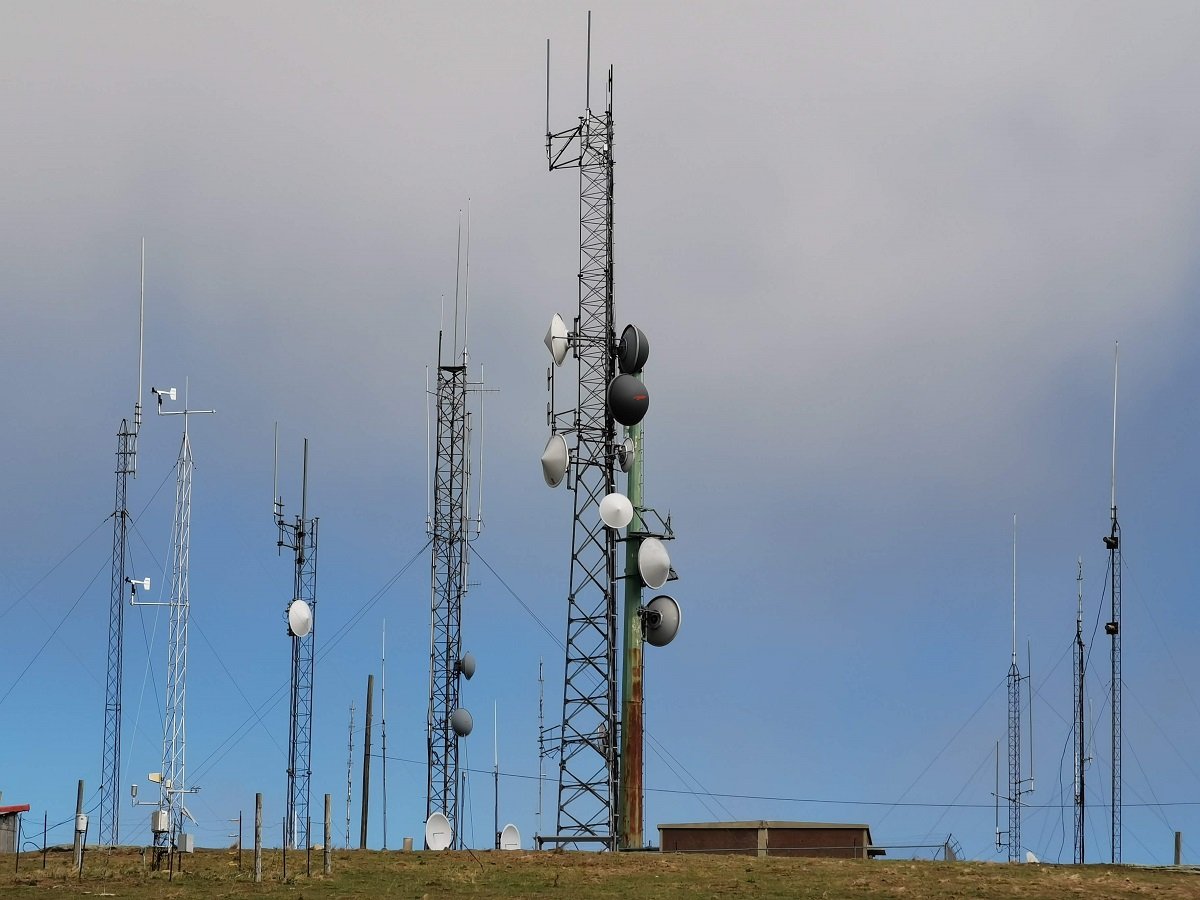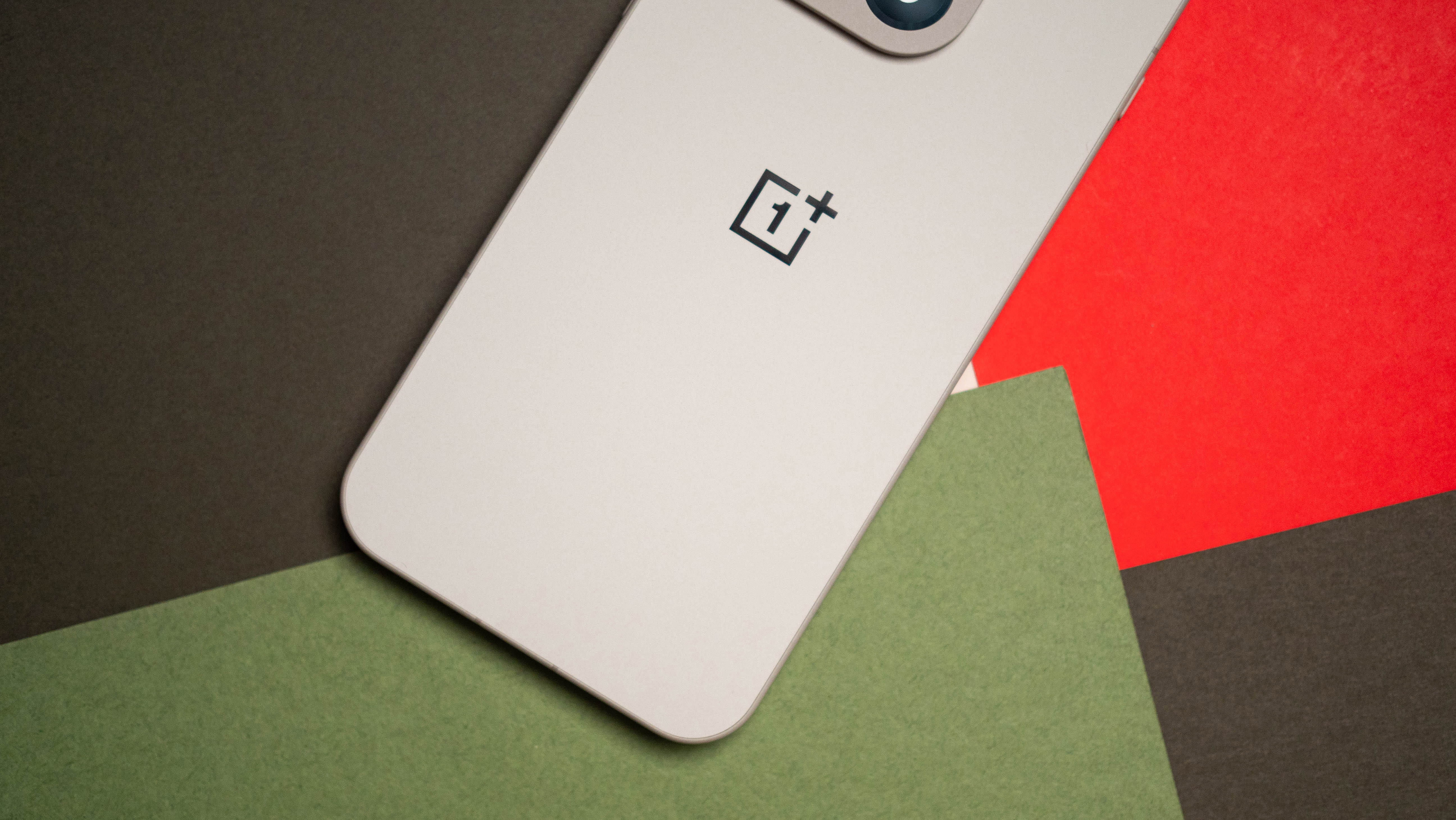Verizon just spent $1.6 billion on new millimeter-wave spectrum, but why?

What you need to know
- Verizon bought the most 5G mmWave spectrum ever, spending over $1.6 billion for 4,960 licenses.
- AT&T came in second with 3,267 licenses, while T-Mobile is in third with 2,384.
- This auction is the largest auction the FCC has ever held, both monetarily and in measured spectrum licensed.
In a move that's both surprising and expected at the same time, Verizon has just bought up a metric ton of millimeter-wave 5G spectrum from the FCC in Auction 103, as noted by Light Reading. Verizon spend over $1.6 billion to purchase 4,960 licenses from the FCC to bolster their already impressive 5G network, which is built upon the same mmWave spectrum technology in this auction. In fact, Verizon purchased 50% more spectrum than AT&T, which was the next-highest bidder at $1.186 billion for 3,267 licenses. T-Mobile took third place with 2,384 licenses purchased. In total, Auction 103 covered the 37GHz, 39GHz, and 47GHz bands.
What's surprising about Verizon's move is that they already own a significant number of spectrum licenses from other auctions, as well as from the purchase of companies like Straight Path and XO Communications. Verizon had previously said it plans to double the number of cities it has 5G mmWave coverage in, also known as Verizon Ultra Wideband 5G. Verizon currently covers just under three dozen cities with its 5G technology and, given the rather tiny amount of land that Verizon's 5G tech covers when compared to its 4G tech, it's very important to continue building out spectrum and making 5G more available in the coming months.
Verizon and T-Mobile were recently scolded by the FCC for falsifying coverage maps for 5G tech, but these new spectrum purchases should help alleviate these errors by affording both companies with the air space to add more equipment. Verizon has stood behind mmWave as the "true" 5G technology, as it has proven to be significantly faster than the sub-6 5G network rolled out by T-Mobile in the past few months. The big downside to Verizon's tech is that it doesn't go very far, so suburban and rural areas are out of luck until significant buildouts occur.
Auction 103, which ended last week (March 6), was the third mmWave spectrum auction and turned out to be the largest auction the FCC has ever had. Aside from the three big players spending billions of dollars to acquire additional spectrum, it was interesting to see smaller players like Sprint and U.S. Cellular purchase only a few hundred licenses. Each major carrier is rolling out 5G in different ways, from AT&T's "faux-G" to actual evolutionary and revolutionary technologies, and it's making things very confusing. Either way, Verizon is solidifying itself as the mmWave 5G leader in the coming months and years.
6 reasons not to get 5G service in 2020
Get the latest news from Android Central, your trusted companion in the world of Android

